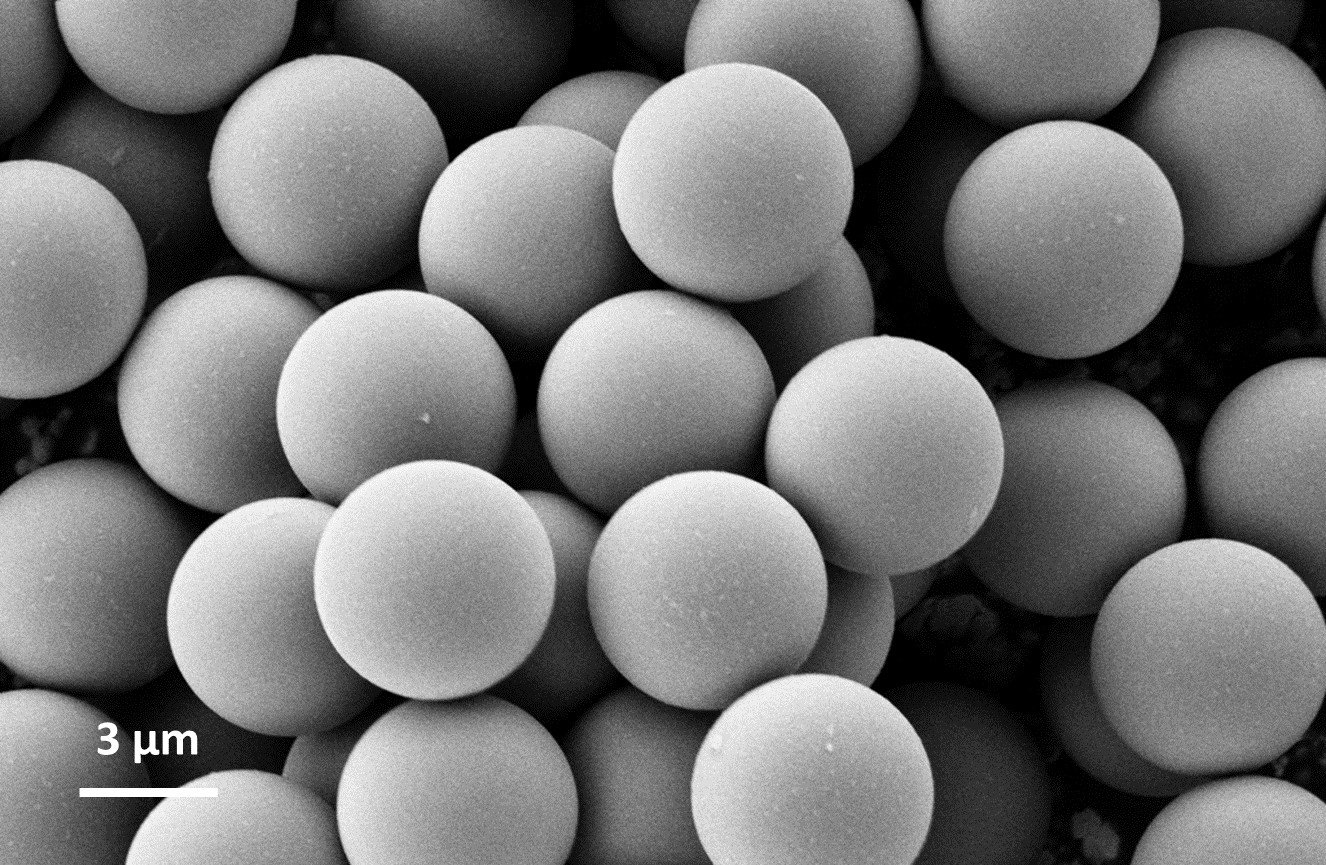Scaling-up SuperLubricity into Persistence
We aim to replicate superlubricity across length scales, transforming it from an atomic-scale lab curiosity to a manufacturing-scale technology that overcomes the severe friction of boundary lubrication
Connect with us
Interested in how our products and services can benefit you? Fill out our contact form—we’d be happy to connect and explore how we can help.
About Us
Industry Opportunities
We partner with industry leaders to integrate advanced lubrication solutions. Interested in collaborating? Let’s connect.
Our Consortium
We collaborate across a network of seven partners, with active research hubs in Ireland, Germany, Norway, the Netherlands, France, and Ukraine.
Early Career Researchers
Our research is made possible by the dedication and expertise of our talented PhD students and Postdoctoral Researchers.









